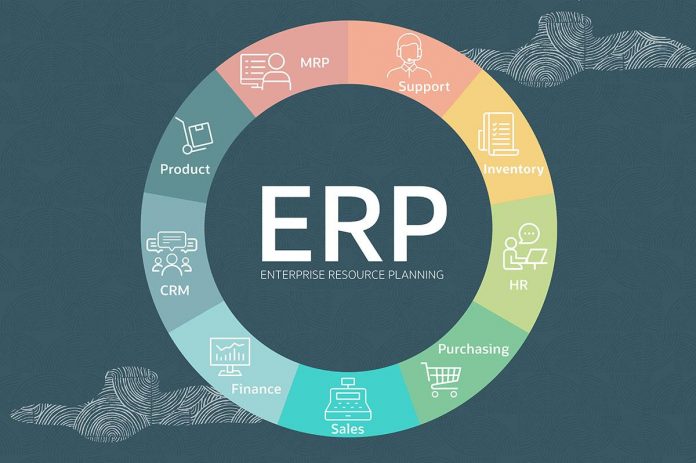According to Entrepreneur Magazine, most mature companies have implemented cloud-based ERP software. Even non-profit organizations and fledgling startups have found value in the technology.
The facts are clear: enterprise resource planning continues to change how people do business around the world.
If you’re unsure of how cloud-based enterprise resource planning works today, you may find yourself even farther behind tomorrow. Discover what this software can do and how it can secure the future starting now!
ERP Software Definition
Cloud-based ERP systems take what used to be separate parts of an organization and organize them toward a common purpose. The software accomplishes this task by organizing daily activities from accounting, sales, and many other departments.
For example, imagine that you are the CEO of a manufacturing company. The best cloud-based ERP software could reveal both an inefficiency in the process and how to save money on parts.
On-Premise vs Cloud-Based ERP
Traditional deployments of enterprise resource planning software involved having servers at your workplace. While this has the advantage of giving you control, it can become more trouble than it’s worth in 2021.
Cloud-based ERP software operates from a vendor’s servers, which led to the term Software-as-a-Service (SaaS). As a result, you can access this secure environment from any web browser.
Parts of an ERP System
Cloud-based ERP solutions resemble a traditional adage that asks, “How long is a piece of string?”
The answer: as long as it needs to be!
The scale and scope of your enterprise often drive how much you need from a service like IFS Cloud ERP. A few examples of the core modules clients may implement include:
- Accounts Payable
- Accounts Receivable
- Inventory Management
- Human Resources
- Customer Relationship Management (CRM)
Depending on the scale and nature of your operations, there’s a whole world of possibilities ahead. Other options where ERP can shine include:
- Procurement
- Supply Chain
- Manufacturing
- Distribution
- Project Management
As a result of this flexibility, organizations from government departments to worldwide distributors can find value. Even niche industries can find vendors dedicated to providing personalized solutions.
Benefits of Cloud-Based ERP
Promises of improving business and bringing efforts together sound great, but what are the actual benefits?
The mileage that you get out of ERP depends on the scale of the software and buy-in from leaders. Some general advantages that users report include:
- Creating more efficient processes
- Real-time data and reporting
- No long or expensive upgrades
- Scalability that can expand or contract with your business
What type of changes can you imagine these benefits will bring to your business? With these offerings, it shouldn’t be a surprise that Bloomberg estimates the cloud ERP market will reach $37.7 billion by 2024!
Starting Your Cloud-Based ERP Adventure
Understanding the essentials of cloud-based ERP and how it works is the start of a long journey. The good news is that now you know where you’re going. Whether your organization depends on basic transactions or making complex products, there’s something useful for you with ERP.
Do you want to learn more about ERP and other types of business software? Check out more of our content for business leaders before you leave our site today!










